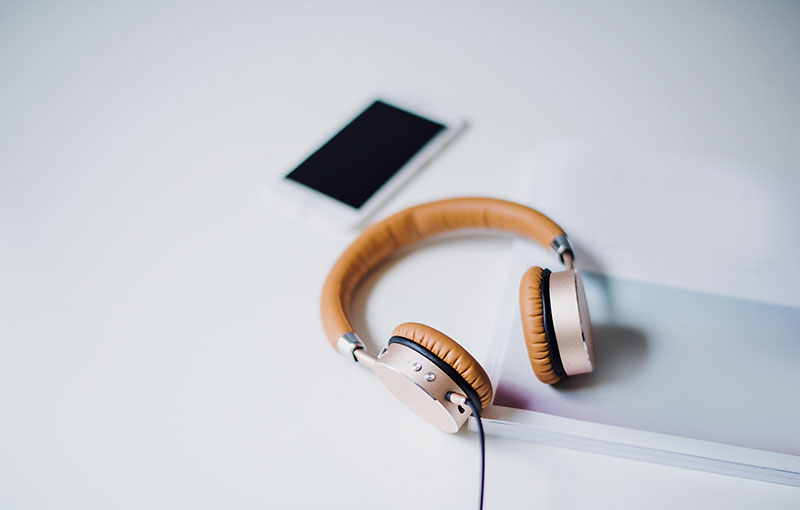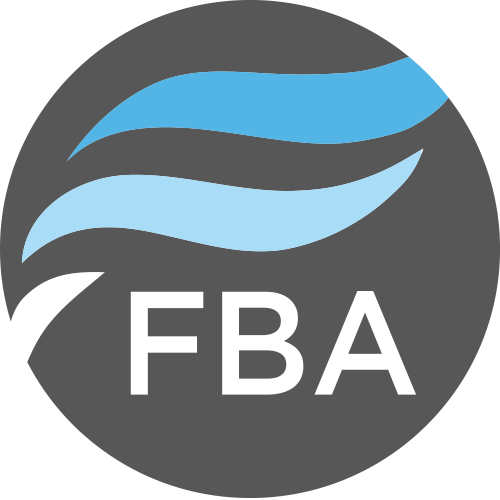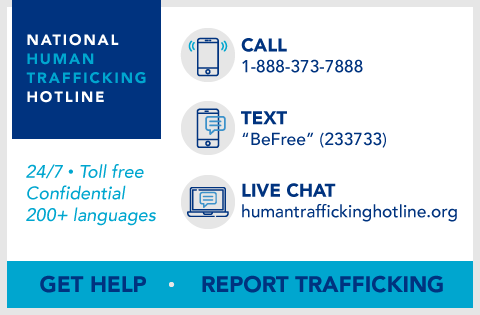FREEDOM BUSINESS:
Women’s Economic Empowerment In Action
World leaders have now identified women’s economic empowerment as a key strategy in the world’s greatest battles against extreme poverty. In fact the strategy has been defined as critical to achieving five of the seventeen UN Sustainable Development Goals, around which all major global economies have aligned. Billions are being invested around the world, including a $2.1 billion commitment from the Bill & Melinda Gates Foundation alone, based upon their comprehensive three-year study of the development strategy.

At Freedom Business Alliance, women’s economic empowerment has been identified as a critical component needed to combat human trafficking and address the economic roots of this global crisis.”
But what exactly is women’s economic empowerment and why is it important in the fight against human trafficking?
Based on the research mentioned above, The Gates Foundation has defined women’s economic empowerment as “the transformative process by which women and girls go from having limited power, voice, and choice at home and in the economy to having the skills, resources, and opportunities needed to access and compete equitably in markets and the agency to control and benefit from economic gains.” Initiatives in this sector aim at improving women’s access to income and assets, control of and benefit from economic gains, and power to make decisions.¹
Certainly developed economies still struggle to achieve equality, but it can be eye-opening to consider the power disparities for women elsewhere in the world. While there are still many inequalities in legal systems that hold back economic empowerment, at FBA we are sharply focused on factors that relate to business and job creation. Here are just a few data points to consider:
- In 40% of economies, women’s early stage entrepreneurial activity is half or less than half of that of men’s.²
- Only 5% of Fortune 500 CEOs are Women.³
- Women account for only 12.8% of agricultural landholders in the world, especially significant because land is perhaps the most important economic asset.⁴
Even before COVID-19, women spent an average of 4.1 hours per day performing unpaid work, while men spent 1.7 hours – translating to three times more unpaid care work than men, worldwide. In fact, it is estimated that if women’s unpaid work were assigned a monetary value, it would constitute between 10 per cent and 39 per cent of GDP.⁵ Both men and women report an increase in unpaid work since the start of the pandemic, but women are continuing to shoulder the bulk of that work.
Worse, it is estimated an additional 11 million girls may leave school by the end of the COVID crisis, and evidence from previous crises suggests that many will not return.⁶ One of our Member businesses in Indonesia, led by two Indonesian women, has reported a sharp rise in the number of middle school girls who have left their studies due to early marriage to relieve their families’ economic burden during the pandemic. This strains the years of investment the Freedom Business has made in the economic development of their community.
A similar dynamic is taking place in villages and regions throughout the developing world, rolling back recent progress in women’s economic empowerment. The effects are not temporary, but will create a ripple effect in years to come as the widening education gender gap negatively impacts future earnings and opportunities available to these young women. And studies show greater disparity in age, education, and economic power increase gender-based violence, which finds its most horrific manifestation in human trafficking.⁷
Human traffickers study and prey upon the vulnerabilities of their targets, now multiplied by the economic impacts of the pandemic. Accelerating investment in women’s economic empowerment initiatives is needed now more than ever in order to counteract forces that threaten the lives of millions. Freedom Business is a shining example of such solutions, as these businesses exist and have been purpose-built to create healing-centered workplaces for survivors and those at risk of human trafficking.
These businesses incorporate structures of support that help to develop both the personal and professional growth of their employees. The Freedom Business Code of Excellence specifies guidelines for creating such structures that include trauma-informed training of all personnel and services that support the mental, emotional and spiritual well-being of their employees at every level. Many have programs that not only provide vocational training, but training in personal finance and health, even going so far as to walk alongside employees in opening their first bank accounts, set up to receive automatic payments and complete digital banking transactions.
The power of a life-giving job, offered in a supportive community cannot be underestimated as a tool for the level of economic empowerment that has the power to eradicate the vulnerability traffickers prey upon. Now more than ever Freedom Business must be multiplied as we elevate women’s economic empowerment as a strategy to build back better.
______
¹ The Bill & Melinda Gates Foundation, Equal is Greater. Available at: https://www.gatesfoundation.org/equal-is-greater/#:~:text=We%20define%20women’s%20economic%20empowerment,to%20control%20and%20benefit%20from
² Global Entrepreneurship Monitor (2017). GEM 2016/2017 Women’s Entrepreneurship Report. Women’s Entrepreneurship Report. https://www.gemconsortium.org/report/49860
³ Cheryl. (2014). Women CEOs of the S&P 500. http://www.catalyst.org/knowledge/women-ceos-sp-500
⁴ FAO, Gender and Land Statistics Recent developments in FAO’s Gender and Land Rights Database (Rome, 2015). Available at: http://www.fao.org/3/a-i4862e.pdf
⁵ UNRISD, Research and Policy Brief 9:Why Care Matters for Social Development. Available at: http://www.unrisd.org/80256B3C005BCCF9/(httpAuxPages)/25697FE238192066C12576D4004CFE50/%24file/RPB9e.pdf
⁶ UNESCO, Over 11 million girls may not go back to school after the COVID-19 crisis. Available at: https://en.unesco.org/covid19/educationresponse/girlseducation
⁷ UNWomen, COVID-19 and its economic toll on women: The story behind the numbers. Available at: https://www.unwomen.org/en/news/stories/2020/9/feature-covid-19-economic-impacts-on-women
Related Articles
KAREN SCHMIDT STEPS DOWN
The Board of Directors of Freedom Business Alliance announces the upcoming departure of our Executive Director, Karen Schmidt.
A call to address modern labour exploitation
“Forced labour imposes significant economic and social burdens on society as a whole. It not only deprives individuals of their freedom and dignity but also perpetuates cycles of poverty, undermines economic development, and erodes social cohesion.”
MYTH vs REALITY: Debunking the Commonly Held Myths Around Human Trafficking
People often associate human trafficking with Jeffrey Epstein-type figures, fighting against Liam Neeson or a main character in the Sound of Freedom. And while these moments in pop culture did raise awareness for human trafficking in our modern era, they also created a lot of myths in their wake.



